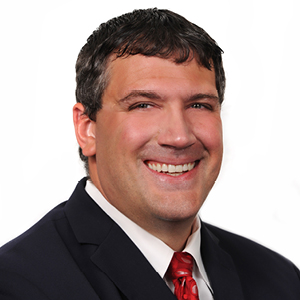Gov. Kasich helps secure and accelerate managerial opportunities for Ohio cosmetologists
Sep 15, 2016
Ohio cosmetologists pursuing salon management roles had another bureaucratic barrier removed yesterday. Through executive order, Gov. John Kasich accelerated the development and implementation of the bipartisan Senate Bill 213 passed earlier this year by the Ohio legislature.
SB 213 eliminates Ohio’s unique-in-the-nation mandatory “salon managers” license, thus alleviating an unneeded burden on Ohioans looking to advance in their careers. Gov. Kasich’s order eased the transition toward the state's new "advanced" license for cosmetologists currently or recently completing the previously mandatory version.
Before that measure, and Gov. Kasich’s friendly “push,” cosmetologists would have to undergo costly, time-consuming training – as required by state bureaucrats – to become salon managers.
Gov. Kasich’s order expires in either 120 days or after the Board of Cosmetology permanently changes the rules through the typical administrative process. Regardless, Ohio cosmetologists can rest assured that the previous barriers to their career advancement will be removed.
The Buckeye Institute testified on SB 213 before it passed the General Assembly. In that testimony, we noted how this reform fits into the much larger issue of improving Ohio’s burdensome occupational licensing laws:
Ohio law requires a cosmetologist to have 10 times the training of EMTs. The case for licensing reform doesn’t get much clearer. …
Private cosmetology schools are fighting to preserve the license because it requires students to get 300 hours of extra training, beyond the 1,500 hours already required to become a licensed cosmetologist, if they want to manage a salon.
The Buckeye Institute’s Forbidden to Succeed report explains how these laws make many moderate-income jobs more difficult to secure by requiring hundreds of extra dollars in government licensure fees plus the completion of thousands of hours of training before someone can work:
Of the 31 moderate-income occupations requiring licensure in the Buckeye State, 15 require hundreds or thousands of hours training and experience. Ohioans who want to become a makeup artist, auctioneer, or barber cannot spare thousands of hours if they are already living paycheck-to-paycheck.
High fees and training requirements reduce an occupation’s job growth by 20 percent, as prospective workers who cannot afford to enter the occupation remain unemployed or underemployed. Consequently Ohioans are deprived of opportunities and Ohio as a whole is deprived of needed services. For example, Ohio is projected to need more social services assistants over the coming decade, but licensure laws are projected to keep approximately 344 workers out of the field. (Ohio is one of only seven states that require a license for this occupation.)
Such impediments are ultimately discouragements to even pursuing a job. Today, cosmetologists have emerged victorious over those barriers by the legislature’s actions and Gov. Kasich’s. But more needs to be done for the other Ohio workers who still need a license to fulfill their life’s calling.

